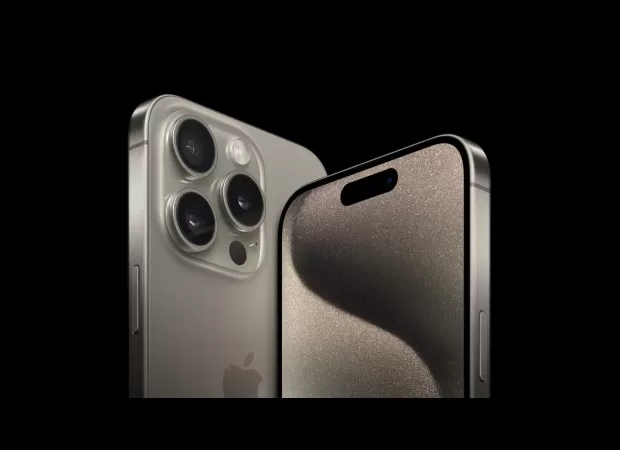Good news for gamers: people don't want to pay full price for Resident Evil 4 on iPhone.
Recent data shows that launching popular titles such as Assassin’s Creed Mirage and Death Stranding on top-tier mobile devices has been a total disaster.

In today's world, owning the latest and most expensive technology is seen as a status symbol. With the release of the new iPhone 15, many people are willing to pay the full price in order to have the latest and greatest device. However, when it comes to video games, it seems that even this affluent group has their limits.
Recent data has shown that releasing high-end games such as Assassin's Creed Mirage and Death Stranding on mobile devices has been a major disappointment. This has led to a lot of speculation about the future of consoles and whether the concept is becoming obsolete. Both Xbox and PlayStation have started to embrace the PC format, adding to the uncertainty in the gaming industry.
While consoles may not completely disappear, Microsoft has already confirmed that they are working on next-generation hardware. However, it's hard to imagine a world where mobile phones take over the gaming market. The main issue is that people are not willing to pay for games on their smartphones. Most games are either free or extremely cheap, and while there have been attempts to charge full price for high-end mobile games, the results have not been successful.
Last year, big-name games such as the Resident Evil 4 remake and Assassin's Creed Mirage were released on high-end iOS devices. These games received a lot of attention, but unfortunately, they did not translate into significant sales. The catch was that these games were only available on a few of the most expensive models of iPhone and iPad, making them inaccessible to a large portion of potential players. As a result, it's estimated that Mirage sold as little as 3,000 copies worldwide.
Even though the game was downloaded around 123,000 times, it's important to note that only a small portion of it was available to play for free as a demo. To unlock the full game, players had to pay a steep price of £44.99, which very few were willing to do. While there are no official sales figures, estimates from mobilegamer.biz suggest that only around 7,000 people bought Resident Evil 4 on iOS, which was priced at a lower £24.90.
Interestingly, it seems that the price has relatively little effect on sales. For example, Resident Evil Village was priced at £13, yet it only saw around 5,750 sales. Similarly, Hideo Kojima's Death Stranding, which was priced at £19.99, only sold around 10,600 copies. These figures are estimated by a group called Appfigures, and a second set of figures from rival Appmagic are barely any better. They put Resident Evil 4's sales at around 15,000 and Resident Evil Village as the highest-selling game of the group, with only around 34,000 sales.
These low sales figures are not surprising, as game publishers have been trying to charge full price for mobile versions of console games for a long time, without much success. In this case, the high-end devices needed to run the games further limit the potential player base. Additionally, those who own expensive iPhones or iPads most likely also have a modern console or gaming PC, which would provide a better gaming experience.
According to Andrei Zubov from Appmagic, premium indie games on mobile are usually priced at $5-10, which is more aligned with the spending habits of mobile gamers. This could explain why these games are more successful in the mobile gaming market compared to AAA releases. Randy Nelson from Appfigures adds that he fears even if consumers realize they can play Assassin's Creed Mirage on their phones, the $50 in-app purchase to unlock the full game will deter them from making the purchase.
While technology is constantly evolving, prices for games only seem to go up. For the foreseeable future, consoles and gaming PCs will remain the primary format for games, especially given that streaming and subscription services have yet to prove themselves. As for the future of mobile gaming, only time will tell.






